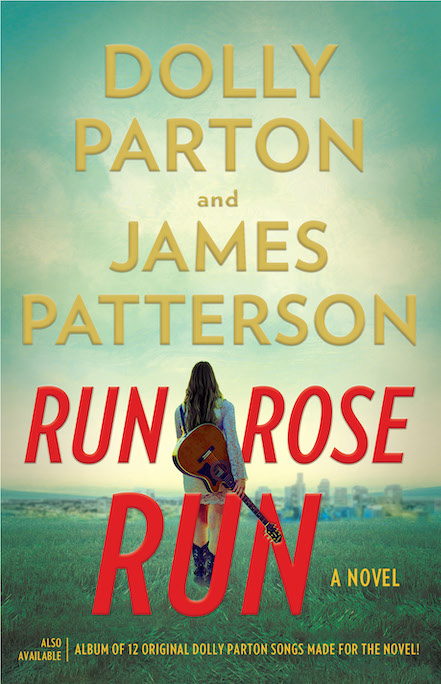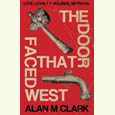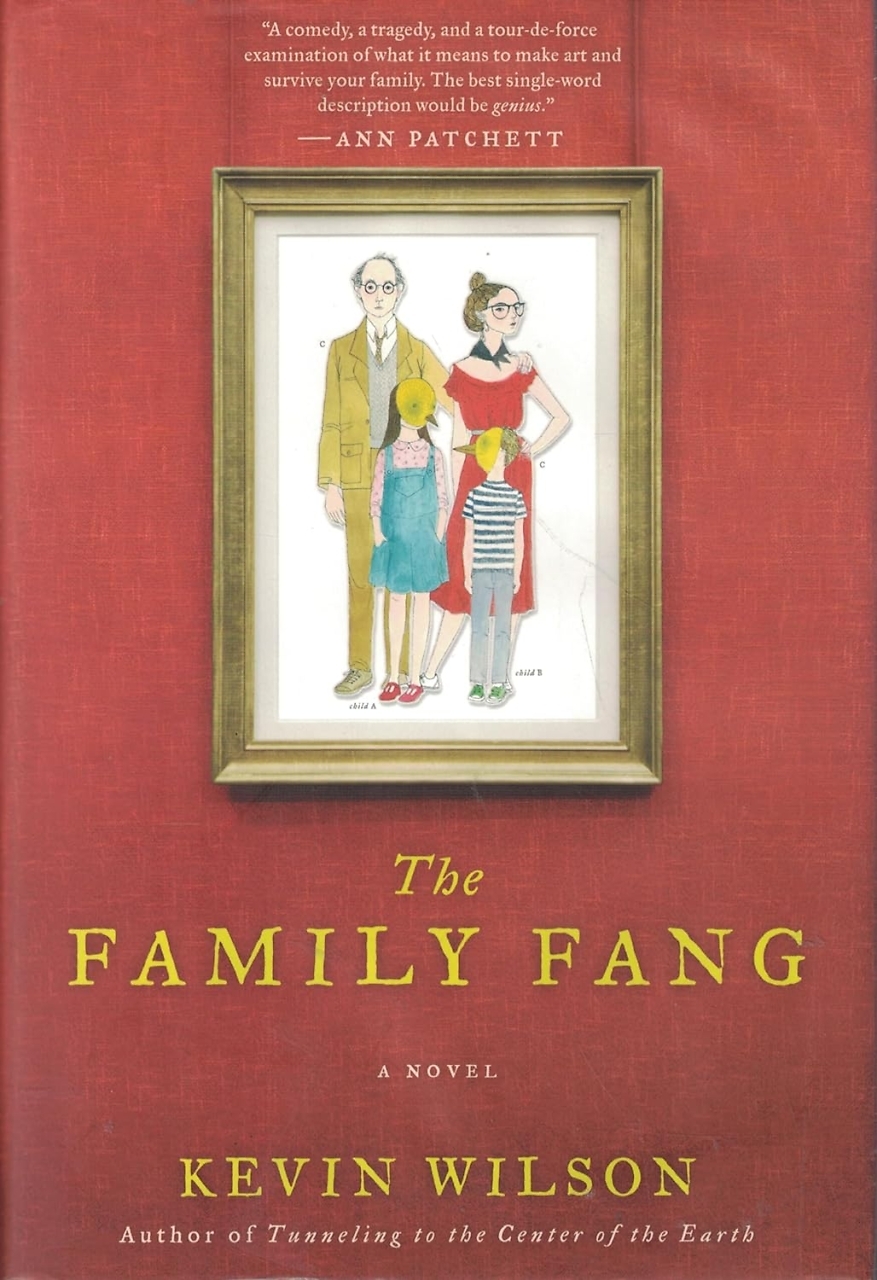A Shared Space, a Holy Ground
As the Southern Festival of Books opens, Jeff Hardin reflects on the power of a community of readers
Davis-Kidd Booksellers, once a Nashville institution, used to sell a T-shirt emblazoned with a passage from Erasmus: “When I have a little money, I buy books; and if I have any left, I buy food and clothes.” My wife, amused, pointed at it one day and said, “That’s you. Buy it.” I was tempted—truly I was. In the end, though, I bought a book and left the shirt in the store. Even when I’m forced to pay for necessities—a car repair, a root canal—I invariably weigh those costs against a tally of books I might have purchased instead.
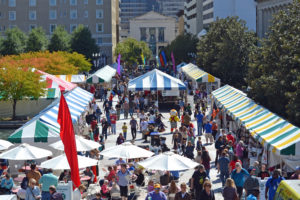
I used to joke that if thieves broke into my house, they would trash the place. My house is basically a library—what would they find to steal? David George Haskell’s The Forest Unseen? Maurice Manning’s The Common Man? Jill McCorkle’s Going Away Shoes? All around my house are post-it notes with lines from Charlotte Pence’s poems: “Let’s imagine a world of lack” or “What we know gains clarity from what we misunderstand.” The right words, I like to imagine, can set anyone on a different path. Maybe I should hide Tony Earley’s Somehow Form a Family in a sock drawer lest thieves leave with a “quare” feeling and an inexplicable expectancy of moving in the direction of miracles.
I like to call the act of reading a small revolution, an enlarging of possibilities. Just think of so many readers—young and old, men and women, bankers and baristas—wandering Nashville’s Southern Festival of Books, finding new stories, poems, biographies, memoirs, songs. How might their minds be renewed, if not reborn? In what big and small ways might their lives be repositioned, more thoroughly equipped to inhabit our troubled times?
William Stafford writes, “If you don’t know the kind of person I am / and I don’t know the kind of person you are, / a pattern others made may prevail in the world.” Many patterns have certainly prevailed in our world—the love of money over the love of people comes to mind—but I like to think that as authors and readers we forge a nobler pattern, a higher calling. There is a shared space between us, a holy ground, and words are a communion. A book can remind us of our place in an ever-unfolding narrative larger than our own lives—set apart, complete, whole, even redeemed. A book can elevate our concerns and goals. Unlike most of our encounters with language, a book can edify.
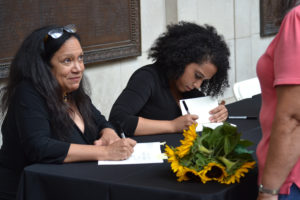
After a lifetime of reading I’ve come to understand: I am a descendant of language. Anyone who would discern who I really am would need to know the language with which I have grown intimate, the language with which I dwell and abide. They would need to know the language that has breathed upon my formlessness and brought up out of my darkness a light. Forget that I am an eighth-generation descendant of the founder of Hardin County. Forget that my middle name is Waylon, and that his voice is as familiar to me as my own father’s. While such details factor into my identity, the truth is that poems, stories, memoirs, and novels have played a more significant role in my conception of myself. In countless ways, they have made of my life a kind of sanctuary, and with all the implications that word implies.
A celebration of the written word. That phrase—that subtitle to the Southern Festival of Books—has been true to my experience whether I attend as an author, session host, audience member, or, as is often the case, all of the above. And I’m not the only one: it’s often happened that I’ve attended an author’s festival reading only to turn around and see the same author introducing another panel discussion later the same day. For three days, an air of service toward others seems to permeate the crowds, and I leave each year euphoric, blessed by the presence of so many like-minded people gathered together.
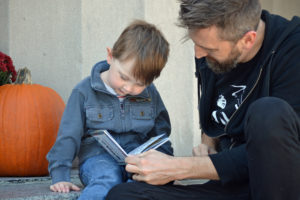
Celebrate. The word’s Latin origin calls us to “assemble to honor,” and for one weekend each October, thousands of book lovers browse and bump against one another, settle into legislative and library rooms, applaud and grow silent. What are we honoring, though? I think we are honoring each other, all of us, this collective—authors, readers, publishers, booksellers—and this fellowship we share. Though we belong to other collectives, other gatherings, this particular one brings our private selves out into a shared public space where we can sit together, shoulder to shoulder, and listen to words.
In some ways, the Southern Festival of Books reminds me of a yearly revival in a Baptist church. Each session—whether attended by a handful or by hundreds—is a congregation. Wendell Berry in the War Memorial Auditorium, as I saw him years ago, was both preacher and song leader, urging us to enact a deeper faithfulness toward each other and toward our communities. Ron Rash, reading from Among the Believers in 2000, offered up his own testimony full of love and lament with a little bit of “gnarled silence” at the heart of his words. Anyone who has witnessed Bill Brown speak knows that he’s part old-testament prophet calling us to repent and part Sunday-school teacher exhorting us to pray, to rejoice.
I’ve missed the Southern Festival of Books only twice since its founding twenty-eight years ago, and I carry with me many of the voices I first heard there. They are a witness to the shared lives of so many who’ve gone before us: Reynolds Price, George Scarbrough, William Gay, Phyllis Tickle, Lewis Nordan, Will D. Campbell, Claudia Emerson, Wilmer Mills, and John Egerton, among others. Their voices—their testimonies—remind us as authors and readers to carry on, to keep seeking and adding new voices to this celebration. I’m particularly thrilled this year to see three of my former students—Tiana Clark, Kate DePalma, and Andrew McFadyen-Ketchum—publishing books and moving from the audience to the stage.
Because so many authors have been faithful to the work of writing—thinking “hard for us all,” as Stafford wrote—I know what kind of world I hope will prevail. It is one borne along on the wonder of words. It is one where we come together and know one another, authors and readers in an intimate conversation, still believing in words like imagination, expectancy, renewal, edification.
It is a world that posits—against everything that strives to separate us from the miraculous presence of each other—a word like celebration, a word like fellowship. It is a world made abundant because there is a word placed between us, and it is broken open, and we are fed.
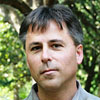
Jeff Hardin is a graduate of Austin Peay State University in Clarksville and earned his M.F.A. in poetry from the University of Alabama. The author of six poetry collections, Hardin was recently awarded the X. J. Kennedy Prize for No Other Kind of World, which will be published in fall 2017. He is a professor of English at Columbia State Community College in Columbia.
